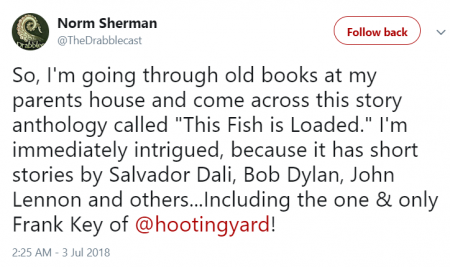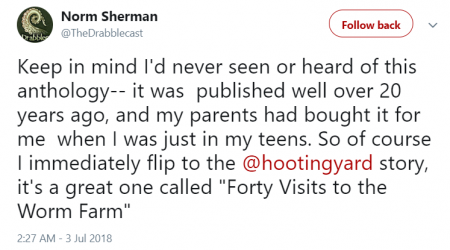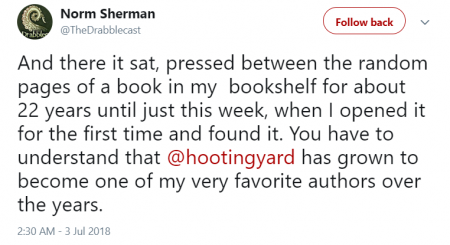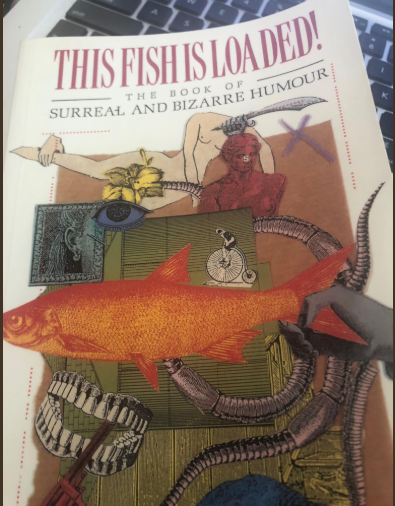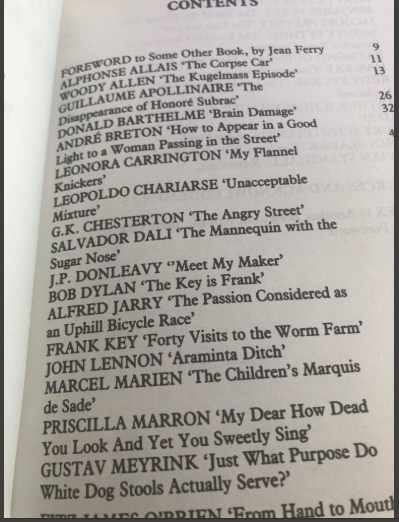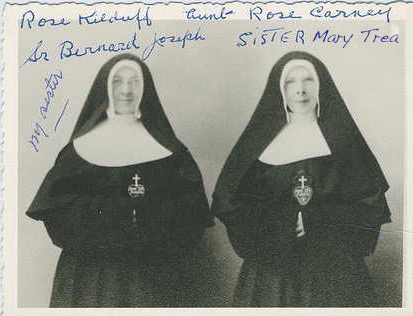At the hotel, the bellhop had, implanted in his head, the brain of a cat. His own brain had been removed and sat in preserving jelly in a jar on a shelf in a cupboard in a lab. It was a locked lab, the only key to which was kept in the pocket of the mad crazed lunatic boffin who had carried out the brain-swap, during a thunderstorm on the previous Tuesday. This boffin habitually assumed the guise of a janitor, and performed janitorial duties the better to hoodwink his hoodwinkees, of whom there were several dotted about the site, from the parking attendant to the secretariat. The secretariat consisted of but a single secretary, into whose head the boffin planned to insert the brain of a badger, having first removed the secretary’s actual brain and placed it in preserving jelly in a jar on a shelf in another cupboard in the lab. He calculated that the use of two different cupboards would prevent him from muddling up the two different brains, the bellhop’s and the secretary’s.
Each cupboard was itself locked, as locked as the lab, and the boffin-janitor thus had three keys to cope with. To anybody unlettered in the art and science of locksmithery – that is to say, to as near as dammit every single person present upon our gaily rotating planet, alive or dead – the three keys appeared to be identical, or at least so similar one to another that they could not be told apart. Thus, affixed to each key by a looped length of cord cut from a bootlace was a small rectangle of cardboard. On each rectangle was written, in a biro shortly to be exhausted of its ink, in draughtsmanship staggering in its delicacy, as if learned and perfected in an earlier century when penmanship counted for something among the educated classes, and surely too beautiful for the usual effusions of the humble biro, an indication of the lock the attached key was designed to unlock.
The labelling of the keys was simple, and thus resistant to misunderstanding by anyone but a halfwit. “Lab”, “Cupboard with red door”, “Cupboard with yellow door”. The boffin-janitor could think of no circumstance that might cause him to muddle the keys, save for the unscheduled repainting of the cupboard doors, in different colours, over a bank holiday weekend, by contractors hired and brought in from some area beyond janitorial control. That such a thing could happen was so egregious that he tossed the idea aside, much as one might toss a tossable bittybob down a well, were one passing by a well, clutching a bittybob for which one had no use. There was a well in a field between the hotel and the lab. The boffin-janitor passed it on most working days, but had never tossed anything into it.
Nor had he drawn any water from it, for he could not. It was a dry well. It had been dry for some years, by dint of subterranean engineering works not unconnected to the construction of the car park anent the lab, and another, larger, more distressingly bleak car park that served the hotel. The works had been carried out, in their underground phase, by a team of what used to be called navvies, the brain of each of whom had been removed and in its place implanted the brain of a mole. All the removed brains had been stored in preserving jelly in jars on shelves in cupboards in the lab, but one night malfeasance had occurred, conducted by highly-organised ne’er-do-wells. It was on the morning after this enormity that the boffin-janitor went tootling into the nearest village to parlay with a locksmith.
In reporting these matters, it may be that I have got some of the details wrong. I was drifting off to sleep when my papa told me the tale, which he himself had heard from an old pal of his, a frequent guest in many an hotel, a travelling salesman who dealt in exotic rugs and carpets, whose name I seem to recall was G. I. Gurdjieff.

